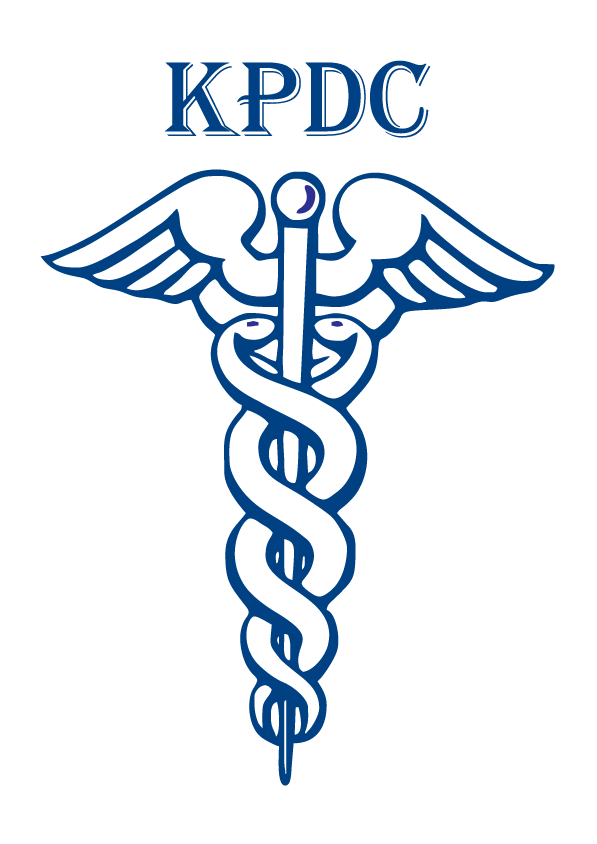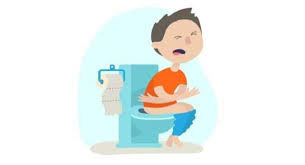Diarrhoea
Understanding Diarrhea: Causes, Symptoms, and Treatment
Diarrhea is a common and often
uncomfortable gastrointestinal condition that affects people of all ages. It is
characterized by frequent, loose, watery stools, and it can be caused by a
variety of factors. In this article, we will explore the causes, symptoms, and treatment
options for diarrhea.
Causes of Diarrhea
Infections: One of the most common causes of diarrhea is bacterial
or viral infections. Pathogens like E. coli, Salmonella, and norovirus can lead
to acute diarrhea. These infections are often foodborne or a result of poor
hygiene.
Food Intolerance: Certain individuals may experience diarrhea as a
result of food intolerances. For example, lactose intolerance can cause
diarrhea when dairy products are consumed. Gluten intolerance or celiac disease
can also lead to diarrhea when gluten-containing foods are ingested.
Medications: Some medications can have diarrhea as a side effect.
Antibiotics, laxatives, and antacids are known culprits. If you suspect your
medication is causing diarrhea, consult your healthcare provider for
alternatives.
Stress and Anxiety: High levels of stress and anxiety can lead to a
range of digestive issues, including diarrhea. The gut-brain connection is
well-established, and emotional stress can trigger gastrointestinal symptoms.
Chronic Conditions: Chronic conditions like irritable bowel
syndrome (IBS), inflammatory bowel disease (IBD), and Crohn's disease can cause
persistent diarrhea. These conditions require ongoing management and medical
treatment.
Malabsorption Disorders: Malabsorption disorders, such as celiac disease or cystic fibrosis, can prevent the body from properly absorbing nutrients, leading to chronic diarrhea.


